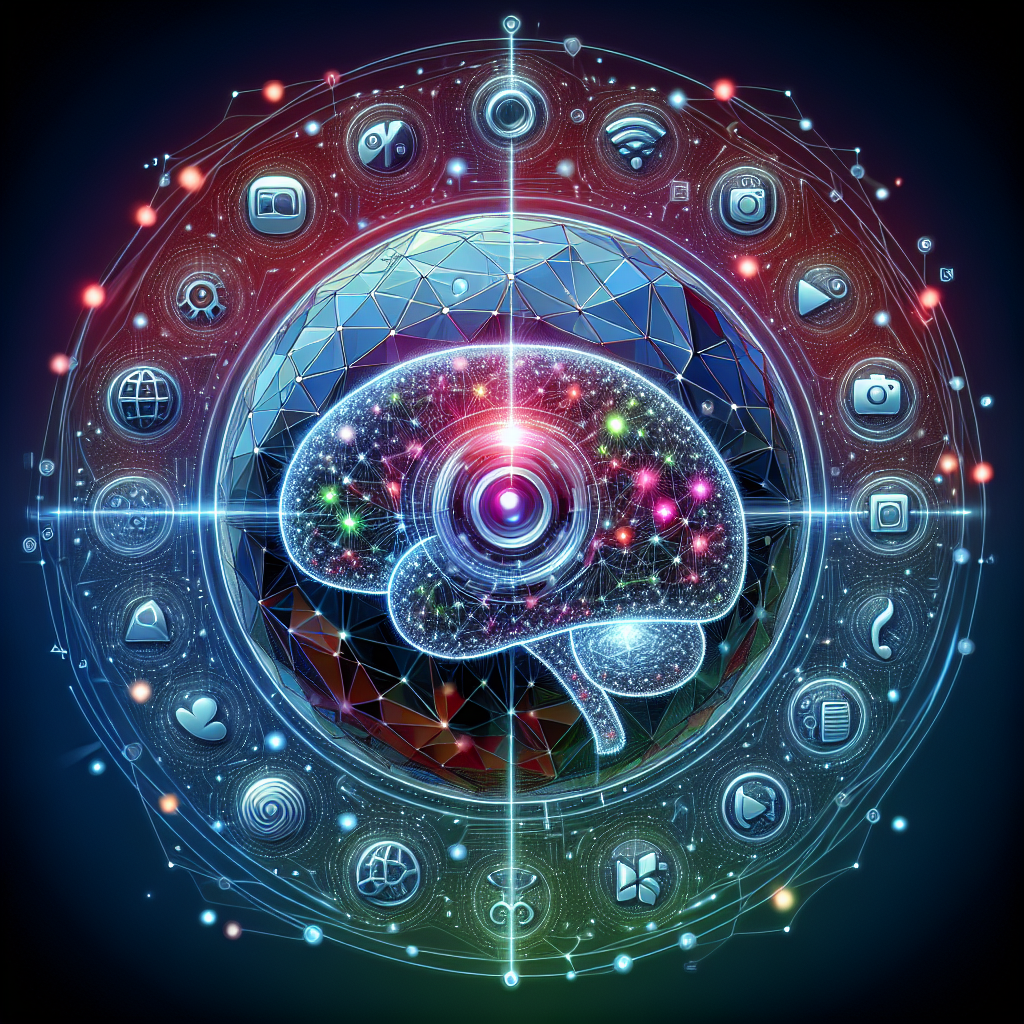The Impact of AI Platforms on Social Media
Artificial Intelligence (AI) has become an integral part of our daily lives, from the way we shop online to how we interact on social media platforms. AI technologies have revolutionized the way businesses operate and how individuals engage with each other online. In the realm of social media, AI platforms have had a significant impact on various aspects of user experience, content creation, and data analysis.
One of the key ways AI platforms have transformed social media is through personalized content recommendations. AI algorithms can analyze user behavior, preferences, and interactions to deliver tailored content to each individual. This has led to a more engaging user experience, increased time spent on social media platforms, and higher user retention rates. For example, platforms like Facebook and Instagram use AI to suggest content based on users’ interests, likes, and past interactions, creating a more personalized feed for each user.
AI platforms have also played a crucial role in content moderation on social media. With the sheer volume of content being shared on these platforms every day, it is impossible for human moderators to review and filter out inappropriate or harmful content in real-time. AI algorithms can quickly analyze and flag content that violates community guidelines, such as hate speech, harassment, or misinformation. This has helped social media platforms maintain a safe and healthy online environment for their users.
In addition, AI platforms have revolutionized the way businesses advertise on social media. AI-powered advertising tools can analyze user data, behavior, and preferences to create targeted and personalized ads for specific audience segments. This has led to higher conversion rates, increased ROI for businesses, and more relevant and engaging ads for users. Platforms like Facebook and Google use AI algorithms to automatically optimize ad campaigns, target the right audience, and deliver the most effective ads to users.
Furthermore, AI platforms have enabled social media platforms to better understand user behavior and trends through data analysis. By analyzing vast amounts of user data, AI algorithms can identify patterns, trends, and insights that can help platforms improve their services, user experience, and content delivery. This data-driven approach has allowed social media platforms to make informed decisions, optimize their algorithms, and enhance user engagement.
However, the increasing use of AI platforms on social media has also raised concerns about privacy, data security, and algorithmic bias. AI algorithms rely on vast amounts of user data to function effectively, which raises questions about how this data is collected, stored, and used by social media platforms. There have been instances of data breaches, privacy violations, and misuse of user data by tech companies, leading to calls for more stringent regulations and oversight of AI technologies.
Moreover, AI algorithms are not immune to biases and prejudices that can inadvertently perpetuate discrimination and inequality on social media platforms. For example, AI-powered content moderation tools have been criticized for disproportionately flagging content from marginalized communities or censoring certain voices based on biased algorithms. This highlights the importance of ethical AI development, diverse data sets, and transparency in AI algorithms to mitigate these risks.
In conclusion, AI platforms have had a profound impact on social media, transforming the way we interact, consume content, and engage with each other online. From personalized content recommendations to targeted advertising and data analysis, AI technologies have revolutionized the social media landscape. While there are challenges and risks associated with the use of AI on social media, it is clear that AI platforms will continue to play a crucial role in shaping the future of social media and online communication.
FAQs:
Q: How do AI platforms personalize content on social media?
A: AI algorithms analyze user behavior, preferences, and interactions to deliver tailored content to each individual. This includes suggestions for posts, videos, ads, and other content based on users’ interests, likes, and past interactions.
Q: How do AI platforms help with content moderation on social media?
A: AI algorithms can quickly analyze and flag content that violates community guidelines, such as hate speech, harassment, or misinformation, helping social media platforms maintain a safe and healthy online environment for their users.
Q: How do AI platforms improve advertising on social media?
A: AI-powered advertising tools analyze user data, behavior, and preferences to create targeted and personalized ads for specific audience segments. This leads to higher conversion rates, increased ROI for businesses, and more relevant ads for users.
Q: What are some of the risks associated with AI on social media?
A: Risks include concerns about privacy, data security, and algorithmic bias. AI algorithms rely on vast amounts of user data, raising questions about data collection and use. There are also concerns about biases in AI algorithms that can perpetuate discrimination and inequality on social media platforms.

